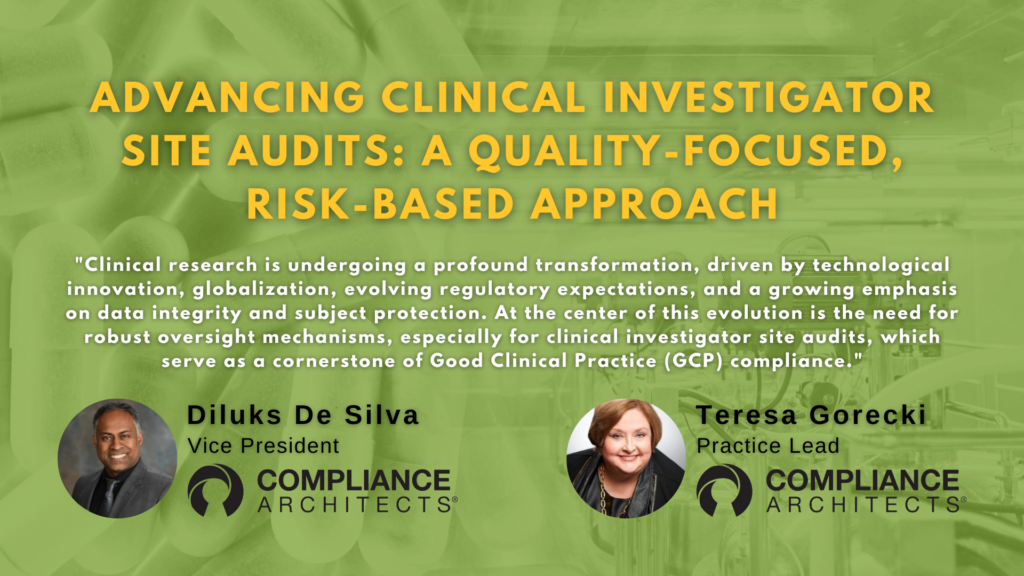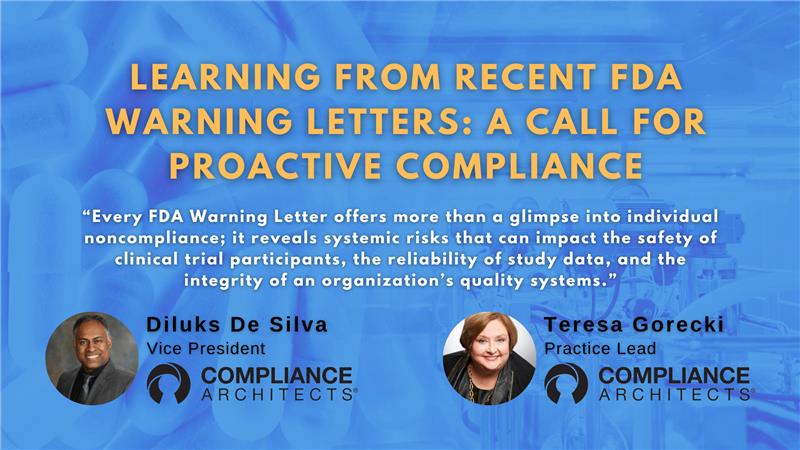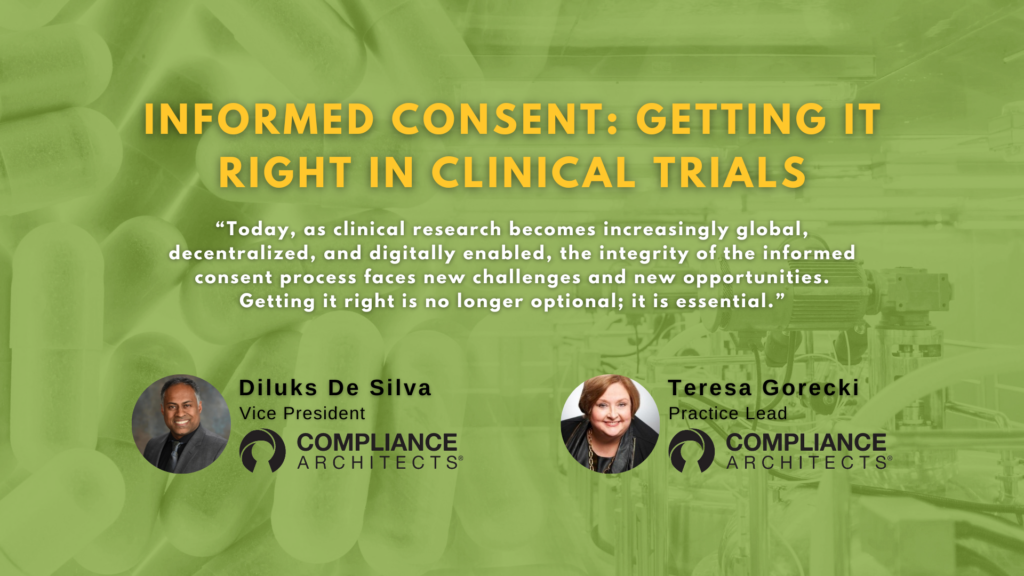The U.S. Food and Drug Administration (FDA) plays a crucial role in ensuring the safety and efficacy of drugs and devices. One of the key aspects of their oversight involves inspections of facilities where these products are manufactured, processed, packed, or held. The FDA’s guidance on what constitutes delaying, denying, limiting, or refusing an inspection is critical for industry stakeholders to understand to avoid potential regulatory consequences.
This article provides an overview of the FDA’s final guidance issued on Jun 2024 on this topic, emphasizing the behaviors that can lead to a drug or device being deemed adulterated.
Table of Contents
Background
The foundation of the FDA’s authority to inspect facilities comes from the Federal Food, Drug, and Cosmetic Act (FD&C Act). Specifically, section 501(j) of the FD&C Act was added by the Food and Drug Administration Safety and Innovation Act (FDASIA) and later amended by the FDA Reauthorization Act of 2017 (FDARA). These legislative actions stipulate that a drug or device can be deemed adulterated if the owner, operator, or agent of a facility delays, denies, or limits an inspection, or refuses to permit entry or inspection.
FDA inspections are a vital part of maintaining the safety and efficacy of drugs and devices. These inspections ensure compliance with regulations, identify potential risks, and safeguard public health. The FDA’s guidance aims to clarify what behaviors can be seen as obstructive to inspections, providing a clear framework for facilities to follow.

Delaying Inspections
The FDA recognizes that delays can occur for various reasons, some of which might be beyond the control of the facility. However, certain behaviors can be considered unreasonable and may lead to a product being deemed adulterated. For instance, if a facility does not agree to an announced inspection start date without a reasonable explanation, requests a later start date without justification, or fails to respond to the FDA’s attempts to schedule an inspection, these actions can be viewed as delaying the inspection.
Delays during an inspection can also occur, such as when a facility takes an unreasonable amount of time to produce requested records or information. It is important for facilities to provide reasonable explanations and ensure that any delays are of a reasonable duration agreed upon by both the facility and the FDA. For example, a delay might be considered justified if there is a natural disaster or other significant event that genuinely impacts the facility’s operations.
In practical terms, facilities should have robust procedures in place for document management and retrieval. This ensures that when the FDA requests records, they can be provided promptly. Training staff in these procedures and maintaining a state of inspection readiness can help mitigate the risk of unintentional delays.
Denying Inspections
Denial of an inspection can take various forms, including actions or statements intended to prevent the FDA from conducting or completing an inspection. Examples include rejecting the FDA’s attempt to schedule an inspection, not allowing the FDA investigator to begin or continue the inspection upon arrival, or falsely alleging that the facility does not handle drugs or devices. These actions can lead to the drugs or devices being deemed adulterated.
It is also considered a denial if a facility imposes conditions on the inspection that are not required by law. For instance, requiring the FDA to sign non-disclosure agreements or limiting the number of FDA investigators allowed on-site without a valid reason could be seen as denying the inspection. Transparency and cooperation are key principles that facilities must adhere to during an inspection.
Limiting Inspections
Limiting access during an inspection involves any behavior that prevents FDA representatives from observing the facility’s operations or accessing areas they are entitled to inspect. This includes refusing to disclose or permit observation of manufacturing processes or site personnel. Examples of limiting behavior include ordering the discontinuation of manufacturing during the inspection without a reasonable explanation or interrupting production to prevent the FDA from observing operations.
Limiting can also extend to restricting access to certain areas or documents. For instance, if an FDA investigator is denied access to specific parts of the facility where critical processes occur or is not provided with full access to requested documentation, this could be considered limiting the inspection. Additionally, not providing appropriate workspace for the FDA investigators can be seen as an attempt to limit the inspection.
Facilities should ensure that all areas relevant to drug or device production are accessible during an inspection. Staff should be instructed to fully cooperate and facilitate the inspection process, providing clear and accurate information when requested. Maintaining open communication with FDA investigators and addressing any issues promptly can help avoid the perception of limiting the inspection.
Refusing an Inspection
Refusing an inspection can have serious repercussions for a facility. The FDA considers any action that completely bars an investigator from conducting an inspection as refusing the inspection. This includes physical barriers, such as locked doors without providing access, and non-physical barriers, such as providing incorrect or misleading information about the facility’s operations.
Examples of refusing an inspection include:
- Physical Barriers: Not allowing FDA investigators to enter certain areas, keeping doors locked, or physically obstructing access to parts of the facility.
- Non-Physical Barriers: Providing false information about the operations, misleading the investigators about the facility’s activities, or refusing to provide necessary records.
Refusing an inspection can lead to severe regulatory actions, including the seizure of products, injunctions, or other enforcement actions. It is imperative for facilities to understand that full cooperation with FDA inspections is not only a legal requirement but also a crucial aspect of ensuring public health and safety.

Best Practices for Compliance
To avoid issues related to delaying, denying, limiting, or refusing an inspection, facilities should adopt best practices that ensure readiness and transparency. These practices include:
- Regular Training: Conduct regular training sessions for staff on FDA inspection protocols and the importance of compliance. This ensures that everyone is aware of their roles and responsibilities during an inspection.
- Document Management: Implement robust document management systems to ensure that all necessary records can be retrieved quickly and efficiently.
- Inspection Readiness: Maintain a state of inspection readiness by regularly reviewing and updating standard operating procedures (SOPs) and conducting internal audits.
- Communication: Foster open and transparent communication with FDA investigators. Address any concerns or issues promptly and provide clear, accurate information.
- Legal Compliance: Ensure that all actions and behaviors during an inspection comply with the FDA’s regulations and guidance. Avoid imposing unnecessary conditions or restrictions on the inspection process.
Conclusion
Understanding and adhering to the FDA’s guidance on inspections is essential for compliance and maintaining the integrity of drug and device production. Facilities must ensure transparency and cooperation during FDA inspections to avoid their products being deemed adulterated, which can lead to significant regulatory and legal consequences. The FDA’s guidance provides a framework for industry stakeholders to prepare for and conduct themselves appropriately during inspections, fostering a collaborative effort to uphold public health standards.
By following best practices and maintaining a state of readiness, facilities can navigate FDA inspections successfully, ensuring that their products meet the high standards required for public safety. Compliance is not just about avoiding penalties; it is about contributing to the overarching goal of protecting public health and ensuring that safe and effective products are available to those who need them.
Connect with Compliance Architects and we can help your audit readiness program. For more information on the FDA’s guidance for delaying, denying, limiting, or refusing an inspection, fill out the form below.





